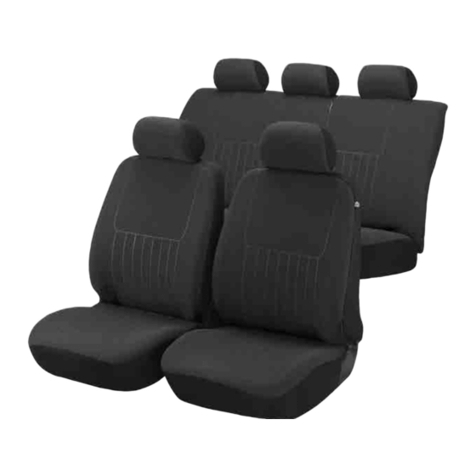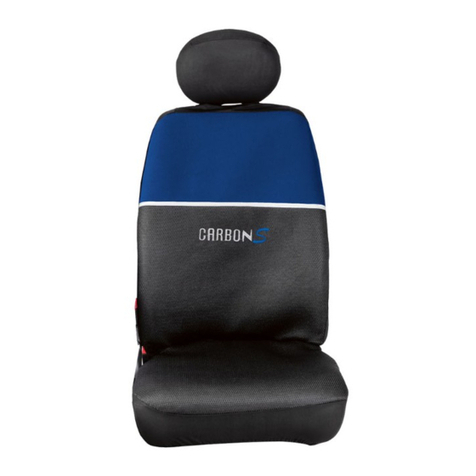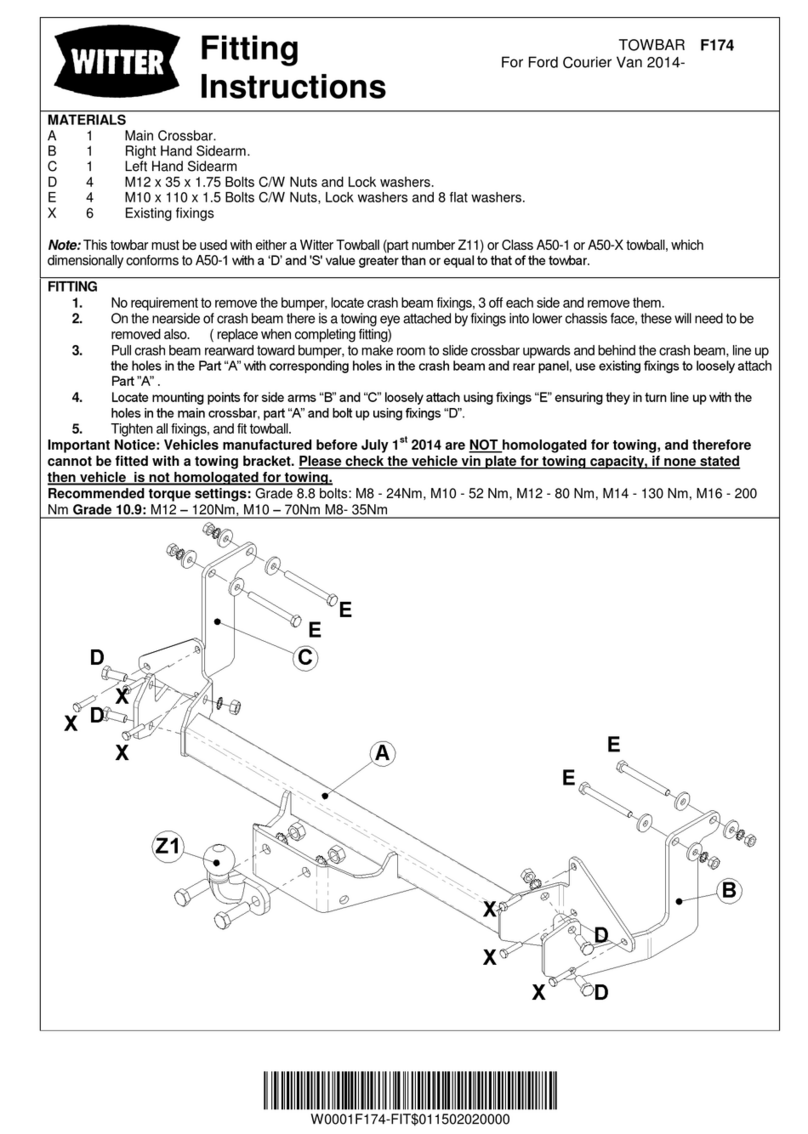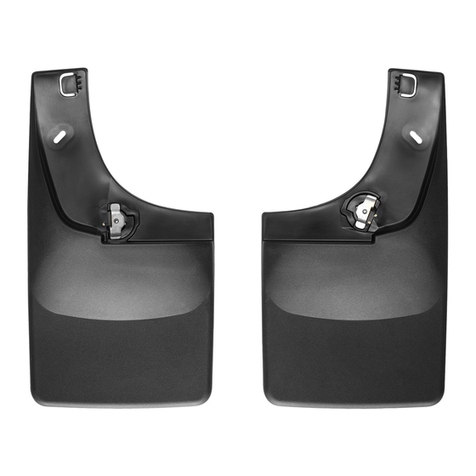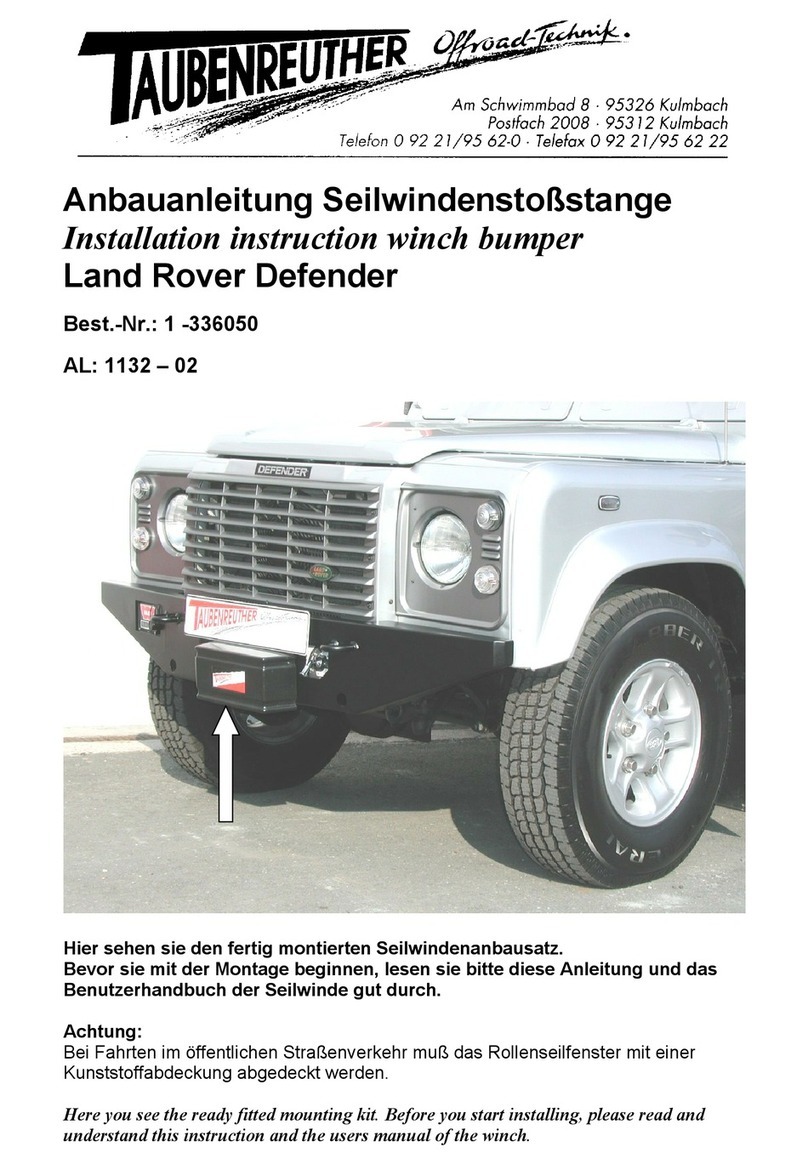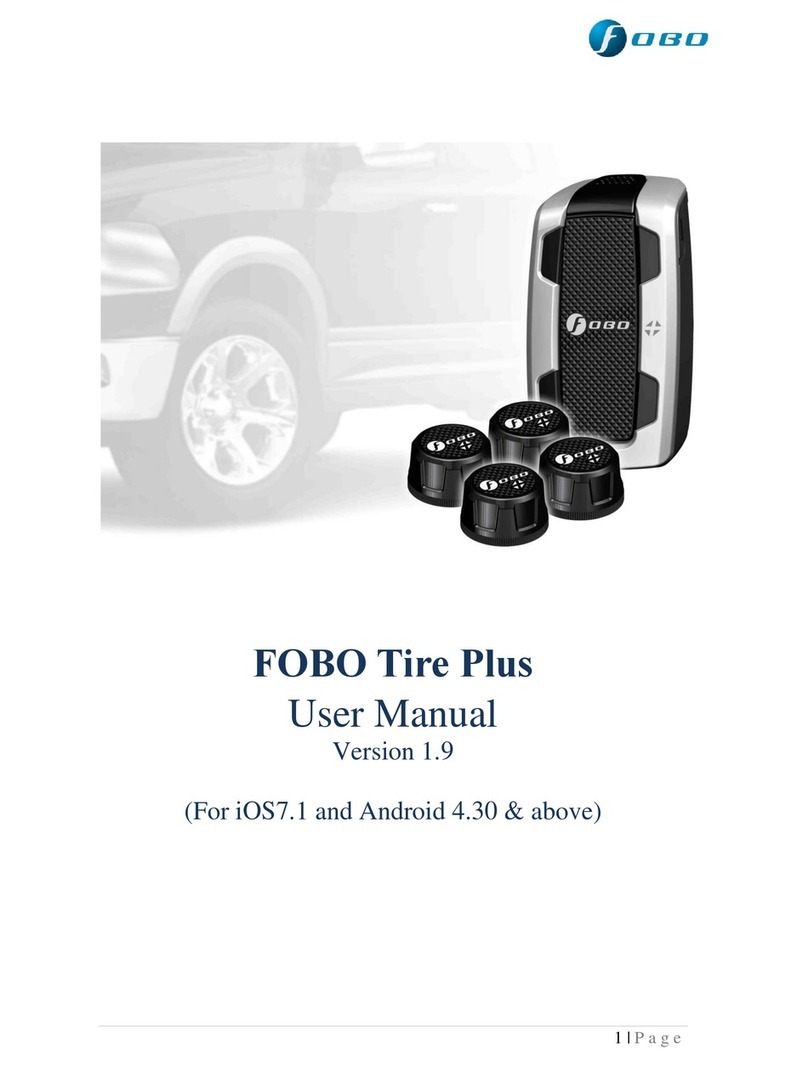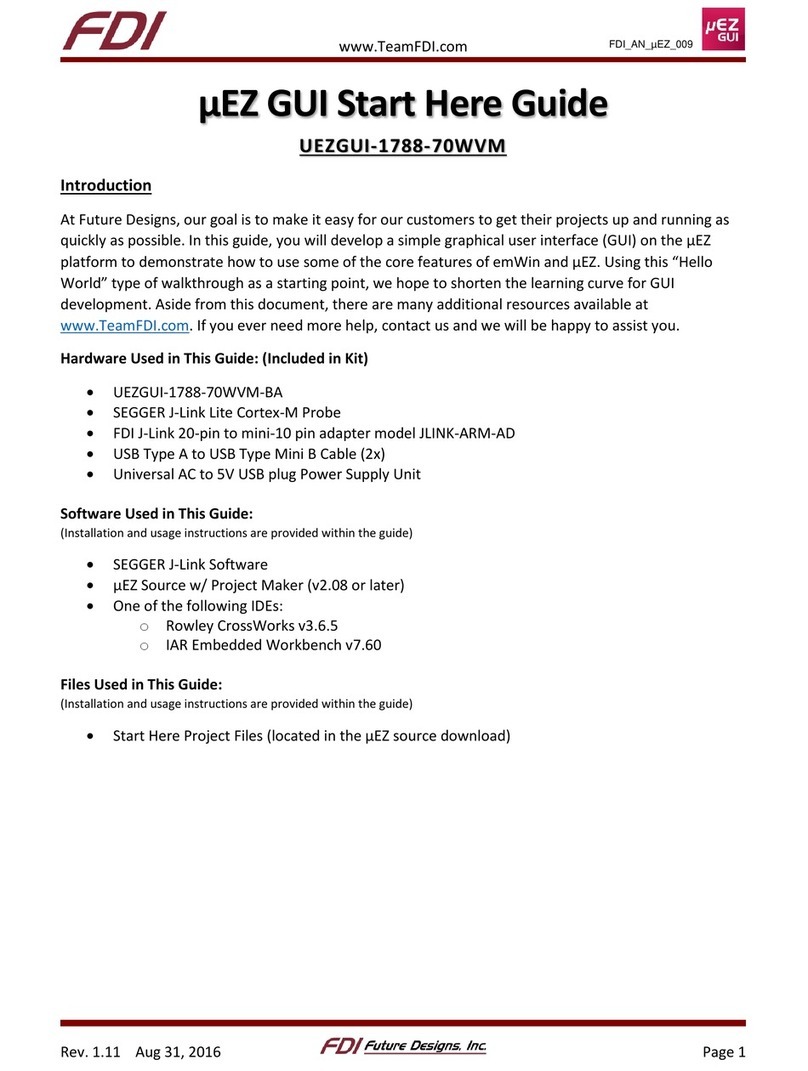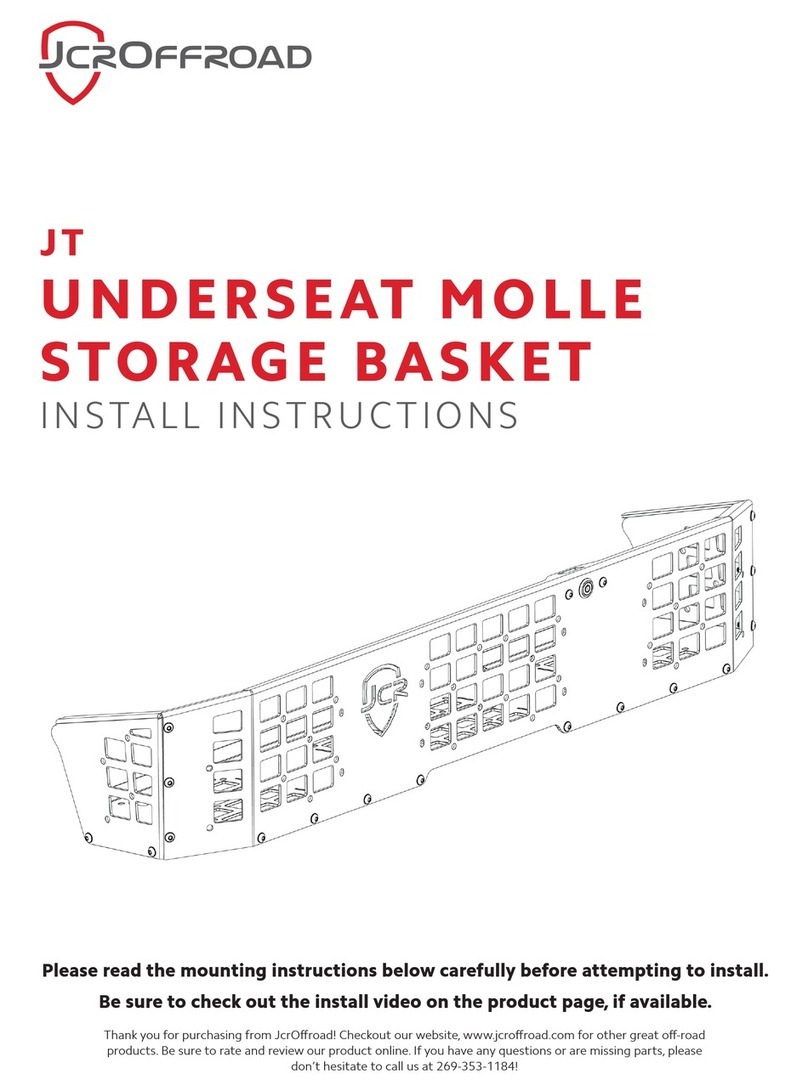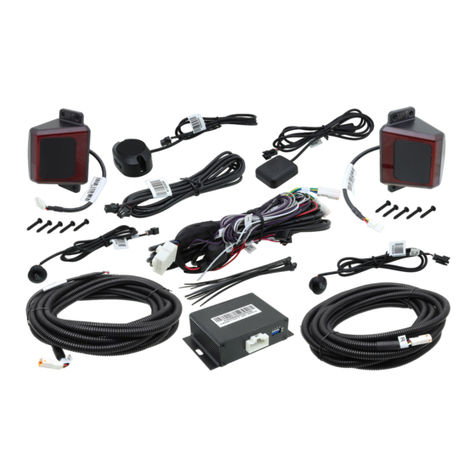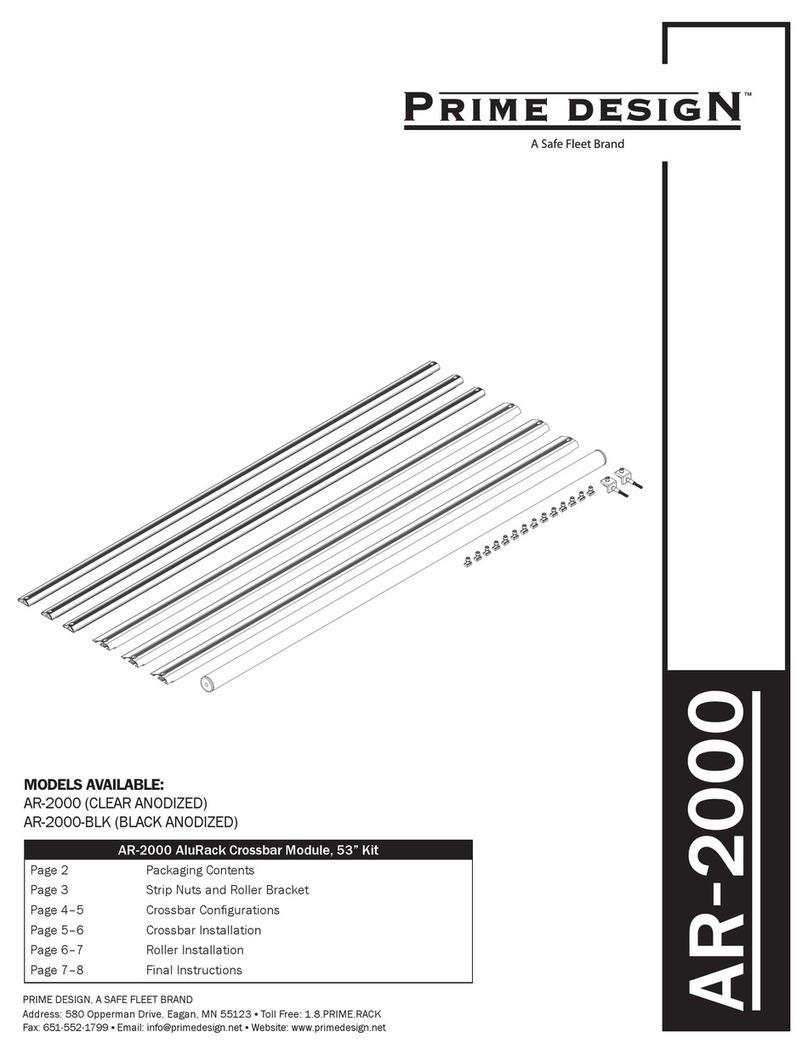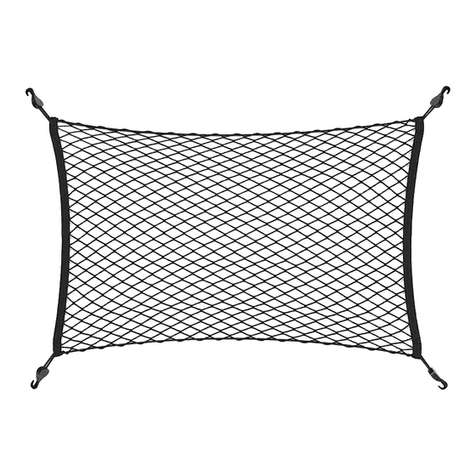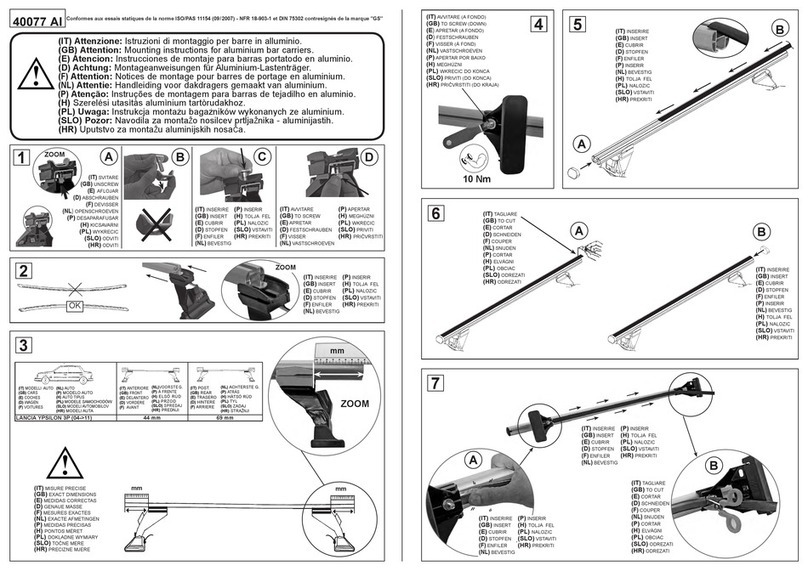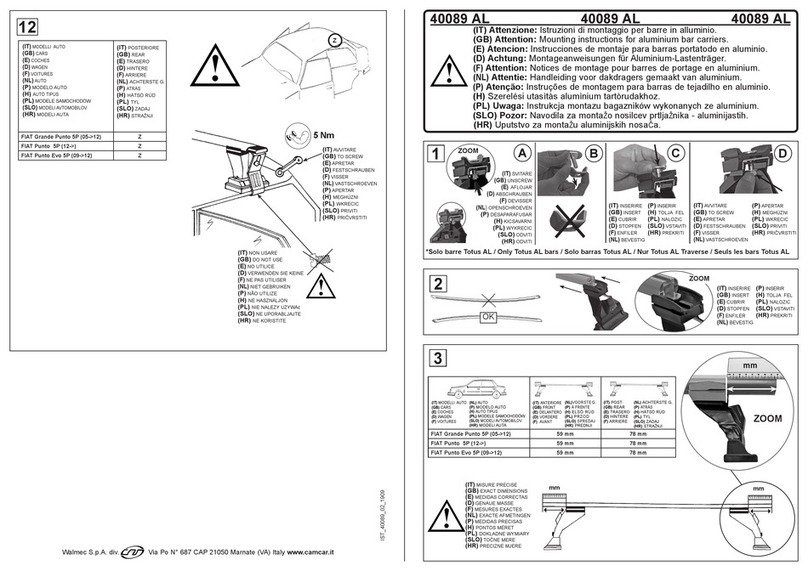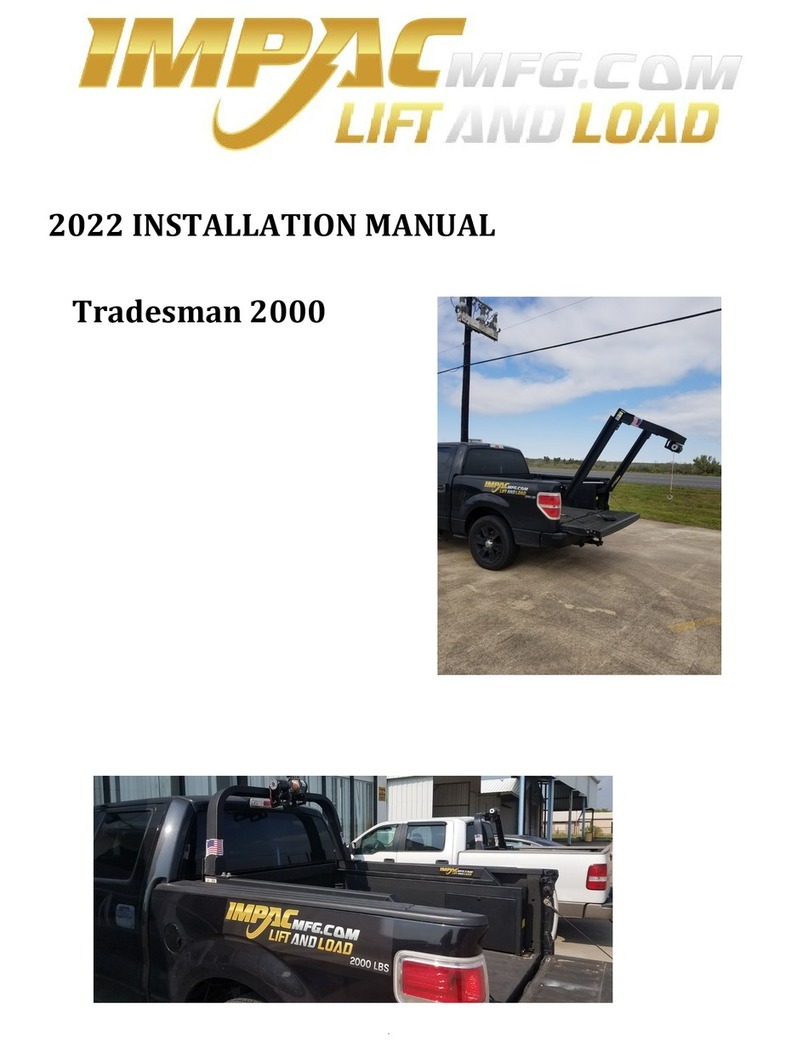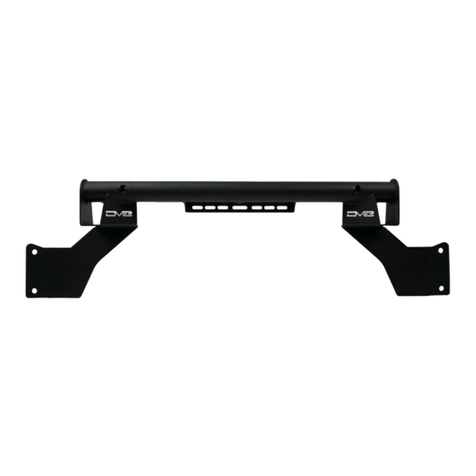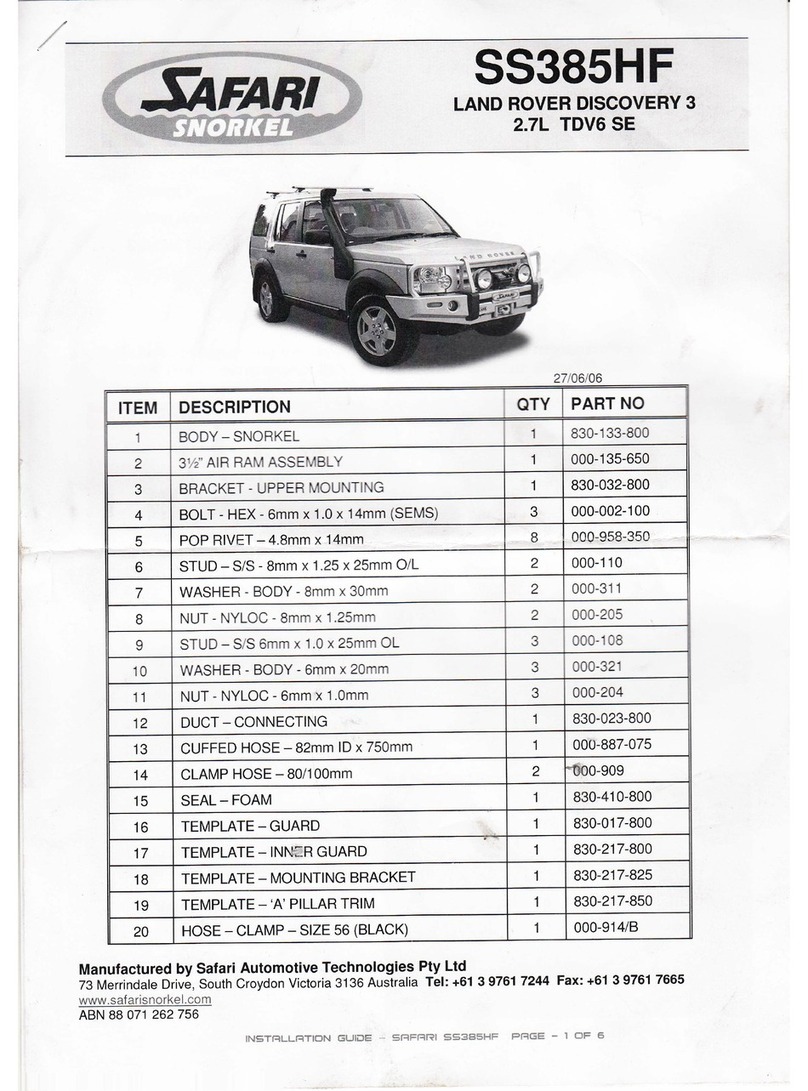5 | P a g e
FOBO TIRE 2 can monitor up to 19 vehicles concurrent monitoring in background
and unlimited in foreground on each smartphone. You can receive data from the tire
pressure sensors from all your cars without switching on the ignition. FOBO Tire 2
allows you to monitor your car tires conveniently any time you want.
NOTE: Under certain conditions the signals from FOBO TIRE 2 sensors may
be blocked by surrounding objects or structures. If this occurs, please move
around the vehicle in order to capture signals from all the tire sensors.
If you are sharing your car with family members or friends, you can allow others to
use access your FOBO TIRE 2 sensors through the FoboShare function. After adding
them through FoboShare, familymembers or friends using your car will receive alerts
and data from your FOBO TIRE 2 on their own smart phone immediately.
FOBO TIRE 2 consists of 4 tire sensors and 1 In-Car unit. Replace your tire valve
caps with the sensors and place the In-Car unit inside the car. The sensors will
measure tire pressure of each tire and transmit via Bluetooth to the In-Car unit and
your smartphone. In case of any problem, the In-Car unit will produce alert sound to
notify you a problem and an alert will also pop up on your smartphone if it is within
Bluetooth range. The In-Car unit also comes with LEDs to show position of the
problematic tire.
FOBO TIRE 2 system requires a smartphone and App for installation. In addition to
being able to view information regarding your car tire pressure and temperature, the
FOBO Tire 2 smartphone App will also produce an alert when your tire has a problem.
DISCLAIMER: FOBO TIRE 2 IS NOT A DEVICE THAT PREVENTS
ACCIDENTS. IT IS ALSO NOT A DEVICE THAT PREVENTS TIRES FROM
BECOMING DEFLATED OR OVERINFLATED. FOBO TIRE 2 IS NOT A
SUBSTITUTE FOR SAFE TIRE MAINTENANCE PRACTICES. PLEASE
CONTINUE TO TAKE PRECAUTIONARY MEASURES WHILE DRIVING
AND TAKE FULL RESPONSIBILITY OF YOUR VEHICLE’S TIRE
CONDITION TO ENSURE SAFETY WHILE DRIVING. YOU SHOULD
CONTINUE TO PRACTICE PROPER TIRE CARE AND SCHEDULED
TIRE MAINTENANCE.
3Importance of tire care
It is extremely important to ensure car tires are properly inflated for safety while
driving. However, many drivers tend to neglect proper tire care and maintenance. The
car tires are the only contact points between the car and the road. The weight of the
car and passengers are supported by the air pressure inside the tires. Improperly
inflated car tires may cause serious accidents on the road.
When tires are underinflated, the additional rolling resistance may cause buildup of
heat which may lead to the de-lamination of the tire materials as well as damage to
